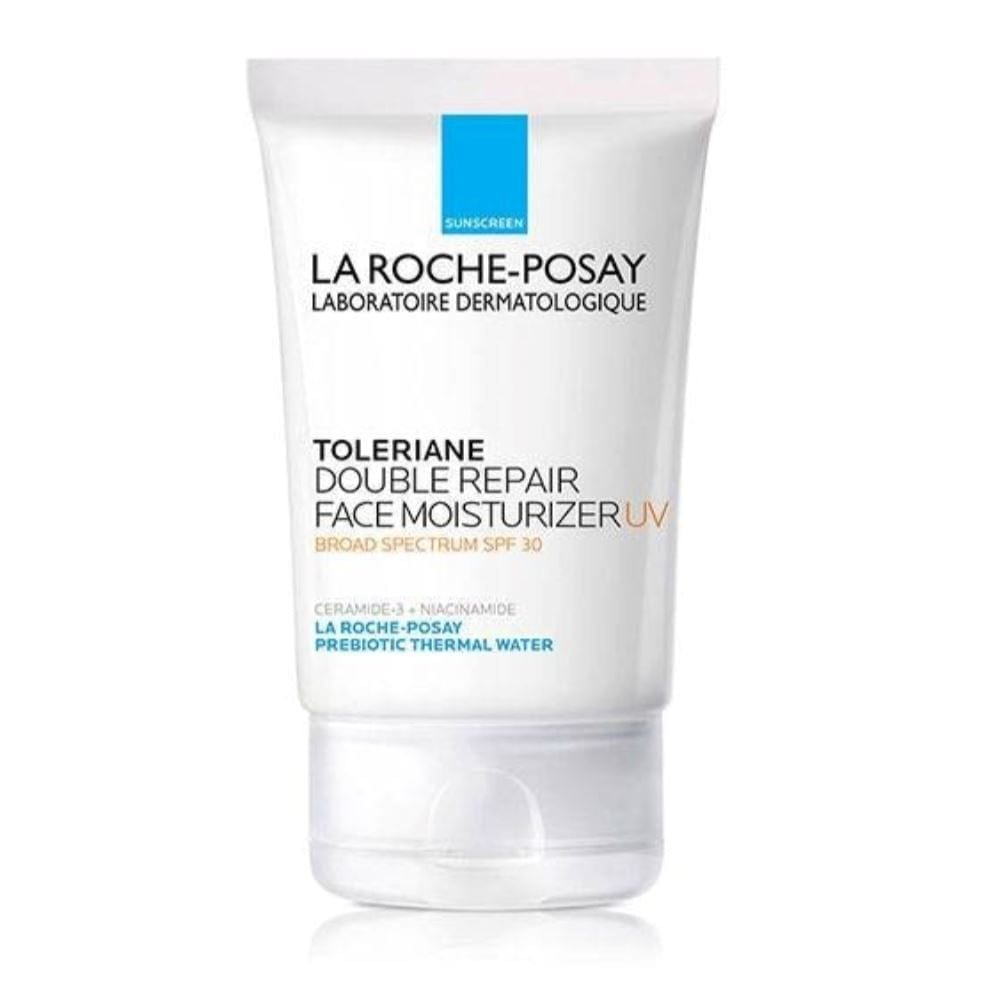Blitz News Digest
Stay updated with the latest trends and insights.
Moisturizer Mysteries Unveiled
Unlock the secrets of moisturizers: discover ingredients, tips, and tricks for radiant skin in Moisturizer Mysteries Unveiled!
The Science Behind Moisturizers: What Ingredients Matter?
Understanding the science behind moisturizers begins with recognizing the essential ingredients that contribute to skin hydration and barrier function. Key ingredients like hyaluronic acid, glycerin, and ceramides play crucial roles. Hyaluronic acid is renowned for its ability to hold up to 1,000 times its weight in water, making it an excellent humectant that draws moisture into the skin. Glycerin serves a similar purpose, attracting water from the environment and leading to a plump, refined texture. Lastly, ceramides are lipids that help to restore and maintain the skin's natural barrier, preventing moisture loss and protecting against environmental aggressors.
In addition to these key ingredients, understanding their effectiveness involves also considering how they interact with skin types and environmental factors. For example, occlusives like shea butter and petroleum jelly create a barrier that locks in moisture, making them ideal for dry skin types. On the other hand, emollients, such as jojoba oil and squalane, not only hydrate but also soften the skin's texture. When formulating a skincare routine, it’s essential to choose products that cater to your unique skin needs while being mindful of the ingredient list to ensure maximum benefits from your moisturizers.

Common Moisturizer Myths Debunked: What You Need to Know
Understanding moisturizer myths is crucial for achieving healthy skin. One common myth is that using a moisturizer makes your skin oily. In reality, moisturizing is essential for all skin types, including oily skin. When the skin doesn't receive adequate moisture, it can overcompensate by producing excess oil, leading to breakouts and blemishes. Instead, using a lightweight, non-comedogenic moisturizer can help balance your skin's oil levels without clogging pores.
Another prevalent myth is that moisturizers are only necessary in winter or cold climates. The truth is, regardless of the season, your skin requires hydration due to factors such as air conditioning, pollution, and sun exposure. Keeping your skin adequately moisturized year-round not only maintains its elasticity but also protects it from environmental damage. Therefore, it's important to make moisturizing a daily habit, irrespective of the weather conditions.
How to Choose the Right Moisturizer for Your Skin Type?
Choosing the right moisturizer for your skin type is crucial for maintaining healthy and radiant skin. First, you need to identify your skin type, which can generally be classified into four categories: dry, oily, combination, and sensitive. For dry skin, look for a moisturizer that contains ingredients like hyaluronic acid or glycerin to help attract and retain moisture. If you have oily skin, lightweight, non-comedogenic lotions or gel-based formulas are ideal, as they won’t clog your pores. Combination skin may require a balanced approach, using a moisturizer that hydrates without being too heavy or greasy.
For those with sensitive skin, opt for moisturizers that are fragrance-free and formulated with soothing ingredients such as aloe vera or chamomile. It's also essential to consider the climate and season; during colder months, a thicker cream may be necessary, while lighter formulas may suffice in warmer weather. Always perform a patch test when trying a new product to avoid adverse reactions. Remember, the right moisturizer can make a significant difference in how your skin looks and feels, so take the time to choose wisely!